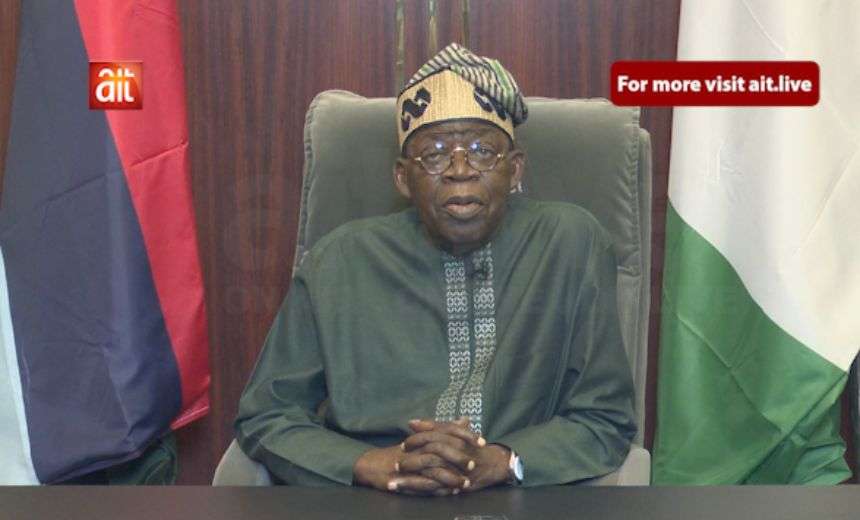As President Bola Ahmed Tinubu’s administration marks its second anniversary, Ambassador ‘Sola Enikanolaiye reflects on the government’s foreign policy achievements.
In a commentary, Enikanolaiye highlights the administration’s efforts to promote peace, stability, and economic development in West Africa and beyond.
Under President Tinubu’s leadership, Nigeria’s foreign policy has been guided by the “Tinubu 4Ds Doctrine” – Democracy, Development, Demography, and Diaspora.
The administration has prioritized promoting democracy, attracting foreign investment, harnessing the country’s demographic advantage, and engaging with the Nigerian diaspora.
According to Enikanolaiye, President Tinubu’s leadership in ECOWAS has been marked by efforts to address security challenges and promote economic integration in the region. The administration has also taken decisive actions to address unconstitutional changes in government, including the threat of military intervention in Niger Republic.
The commentary noted that President Tinubu’s foreign policy has been focused on economic development, with a goal to attract foreign direct investment and promote economic cooperation. The administration’s overseas trips have been aimed at attracting investment and promoting economic development.
Enikanolaiye praised the administration’s commitment to strategic autonomy and economic diplomacy in advancing Nigeria’s national interests. The commentary concludes that President Tinubu’s foreign policy has been guided by a commitment to promoting peace, stability, and economic development in West Africa and beyond.
The administration’s efforts to harness Nigeria’s demographic advantage, particularly its large youth population, have also been highlighted. The commentary notes that the administration plans to explore Nigeria’s youth bulge and creativity as a foreign policy tool, leveraging the country’s rich cultural heritage, including music, movies, and sartorial traditions, to amplify Nigeria’s soft power.
Additionally, the administration has recognized the importance of the Nigerian diaspora in promoting economic development, particularly through remittances, which have become a significant contributor to Nigeria’s economic growth and development. The recent floating of the Diaspora Bond and other policy measures being introduced by the NIDCOM are expected to greatly assist in harnessing the huge financial resources at the disposal of the Nigerian diaspora population worldwide.
MUST READ: Midterm Review: President Tinubu’s Anti-Corruption Fight In Focus
The commentary also highlights President Tinubu’s commitment to strategic autonomy, as underscored by Minister Tuggar, which means alignment to Nigeria’s national interests. The administration has sought deeper and stronger friendships with countries across the globe, regardless of ideological, religious, or other persuasions.
In terms of regional diplomacy, President Tinubu’s leadership in ECOWAS has been notable, particularly in addressing the situation in Niger Republic and other countries in the region. The administration’s approach to diplomacy without a credible threat of the use of force and its actual use when necessary has been highlighted as a key aspect of its foreign policy.
The commentary concludes that President Tinubu’s foreign policy has been guided by a commitment to promoting peace, stability, and economic development in West Africa and beyond, and that the administration’s efforts have been focused on advancing Nigeria’s national interests and promoting the well-being of Nigerians.
(Editor: Paul Akhagbemhe)








